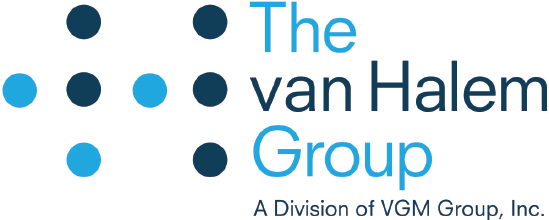Post
By: Abrielle Uritz, RN, CPC – Clinical Consultant
An Advanced Beneficiary Notice of Non-Coverage, better known as an ABN, is a written notice that must be issued to a Medicare fee-for-service beneficiary before furnishing items or services that are usually covered by Medicare but that are not expected to be paid. ABNs should not be obtained for items or services that are never covered by Medicare, for example, dentures, cosmetic surgery and hearing aids.
In order to be valid, an ABN must include the supplier/provider’s name, address and phone number; the beneficiary’s name; items or services in question; an estimate of the costs; and the reason Medicare may not pay. Also, the beneficiary must choose one of the options and sign and date the form. The reason Medicare may not pay should not be general statements. For example, an appropriate reason would be “the beneficiary does not have the required diagnosis to qualify for this item;” an inappropriate reason would be “Medicare may not pay for this item.”
Some common issues that may cause an ABN to be invalid include illegible handwriting, when the beneficiary signs after the date of service, and an invalid reason Medicare may not pay. The option boxes must not be pre-checked on the form. If it is apparent that the option box was pre-filled, this can be a cause for denial. If someone other than the beneficiary is signing the ABN, the printed name and relationship to the beneficiary should be included.
Key points to remember when completing an ABN include:
- Section C of the ABN form is optional.
- An identifier, such as a medical record number or date of birth, may be used; however, Medicare numbers, Health Insurance Claim Numbers (HICNs), or Social Security numbers must not be used and can be a cause for denial.
- Health care providers/suppliers should not issue ABNs on a routine basis (in the instance where a reasonable basis for denial is not present).
General Blog Posts
Posted: February 1, 2017 by van Halem Group
Share it!

